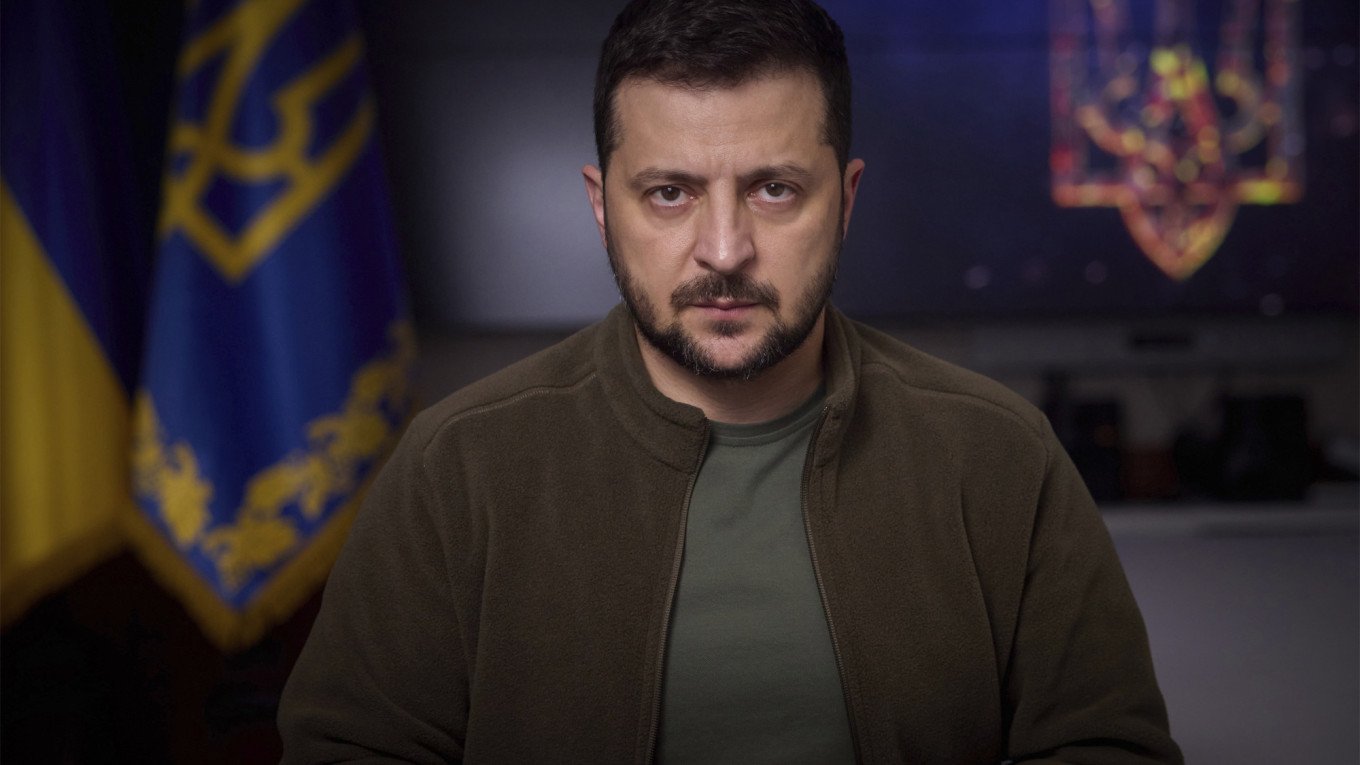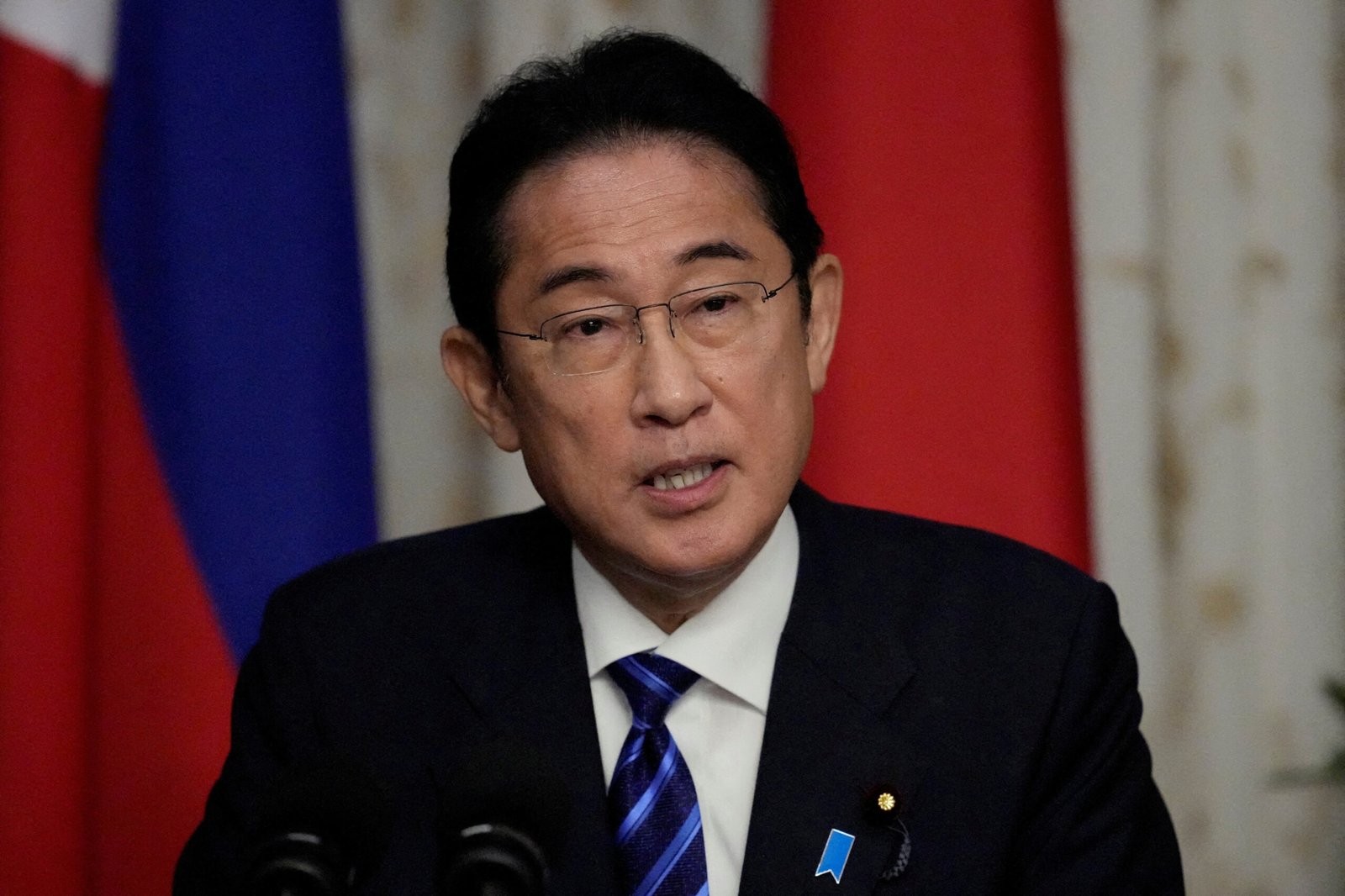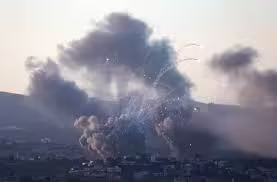President Vladimir Putin of Russia has signed into law the revocation of Russia’s ratification of the Comprehensive Nuclear Test Ban Treaty. This decision is aimed at aligning Moscow’s stance with that of the United States.
Russia has clarified that it will only resume nuclear testing if the United States does so, and this de-ratification does not alter its nuclear policy or the way it shares information about its nuclear activities.
The United States had signed but never ratified the Comprehensive Nuclear Test Ban Treaty in 1996, and President Putin expressed his desire for Russia, which had both signed and ratified the treaty, to adopt a similar position as the United States regarding this treaty.
There are concerns among some Western arms control experts that Russia’s actions may signal a potential move towards nuclear testing with the intention of intimidation amid the ongoing conflict in Ukraine, although Russian officials have downplayed this idea.
In October, President Putin stated that he was not yet ready to decide whether Russia should resume nuclear testing. This followed calls from Russian security experts and lawmakers to conduct a nuclear test as a warning to the West.
If such testing were to occur, it could usher in a new era of nuclear testing among major powers, a development that Western experts find concerning.
President Putin’s approval of the de-ratification law was posted on a government website, and the decision has taken immediate effect.
Both houses of the Russian parliament had previously approved this step. It is noteworthy that post-Soviet Russia has never conducted a nuclear test, with the Soviet Union’s last test occurring in 1990 and the United States’ last test in 1992.



